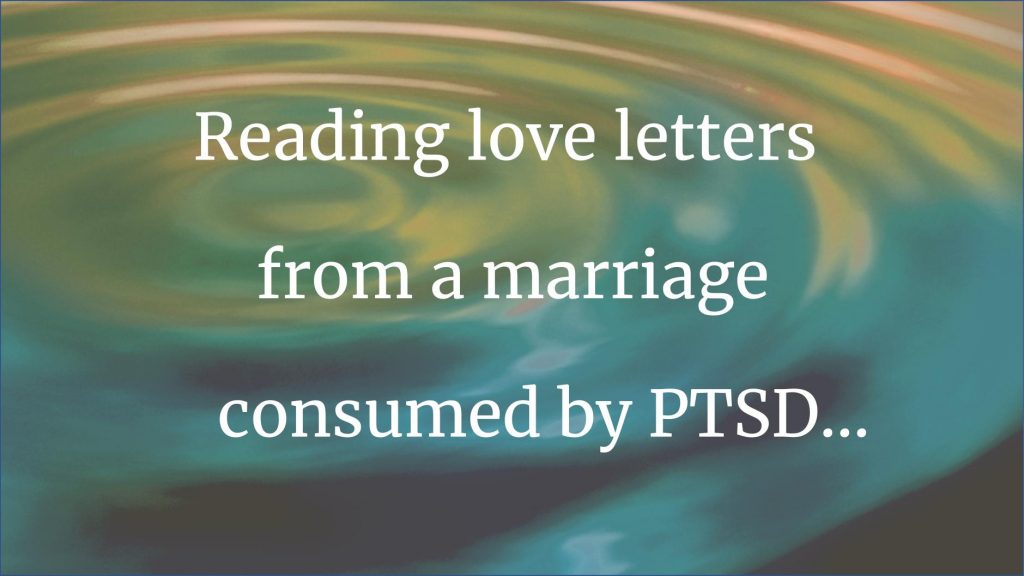One of the hardest parts of being a physician is dealing with the death of a patient. In the course of my career, I’ve learned that the physician-patient relationship can be an effective tool for healing, for the doctor as well as the patient’s family.
An example follows: My patient with advanced COPD died in association with emergency surgery. Despite appropriate care, his condition overwhelmed him. His wife, also my patient, was an assertive, take-charge individual. In addition to blaming herself, she angrily insisted that some error in care led to her husband’s death.
I realized that we had to allow time with active listening to help the widow to heal. I decided to increase her visits, at first using the cover of following her blood pressure and atrial fibrillation more closely.
It was not pleasant, and it required restraint. One day, after listening to the litany for over eighteen months, I became frustrated, and said: “Mrs. Smith, let me help you find a good malpractice lawyer! Otherwise, if you continue down this path, there will be another death. Yours!”
Slowly, her anger dissipated, and she remained my patient twenty more years.
Perhaps one can call this extreme grief counseling.






